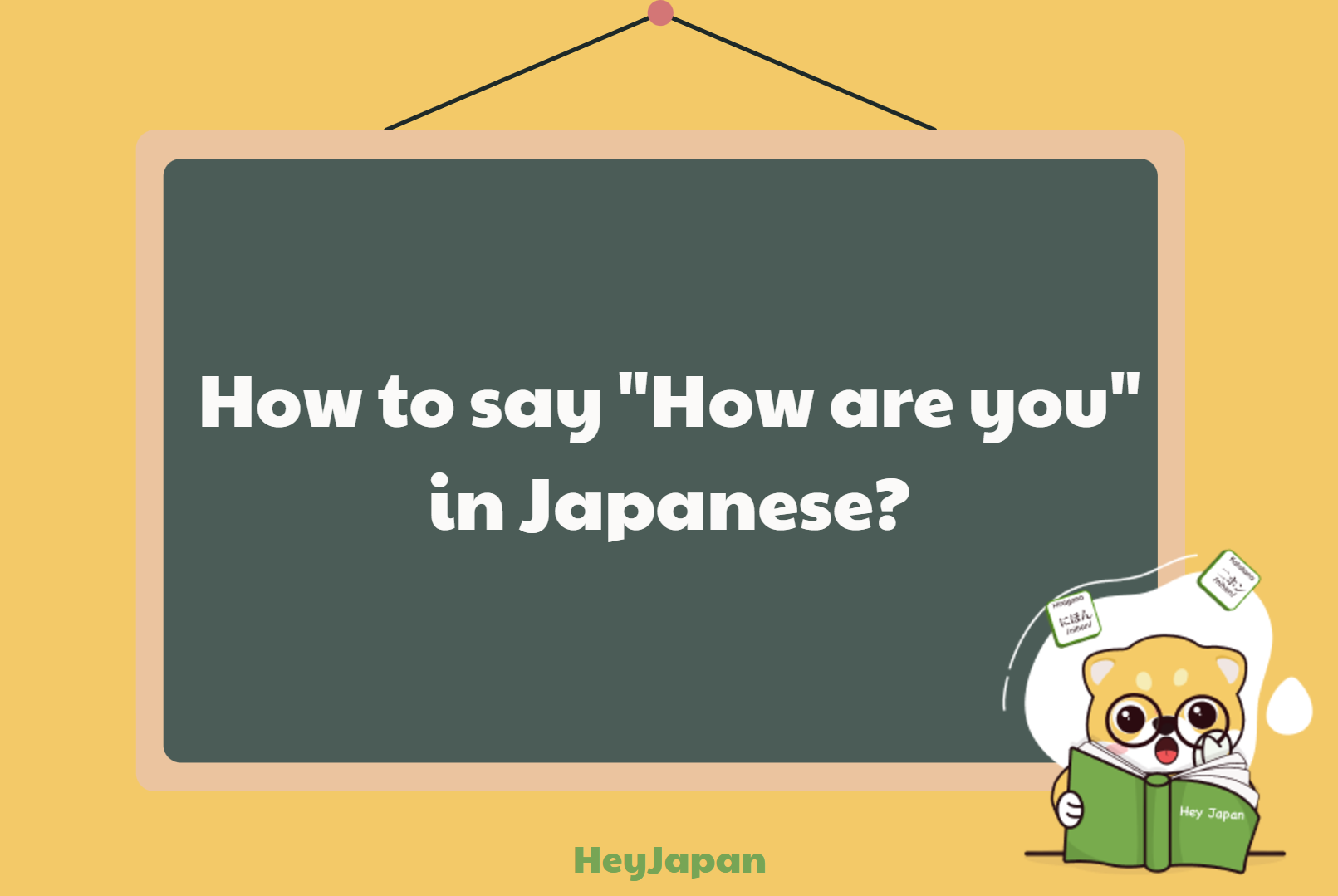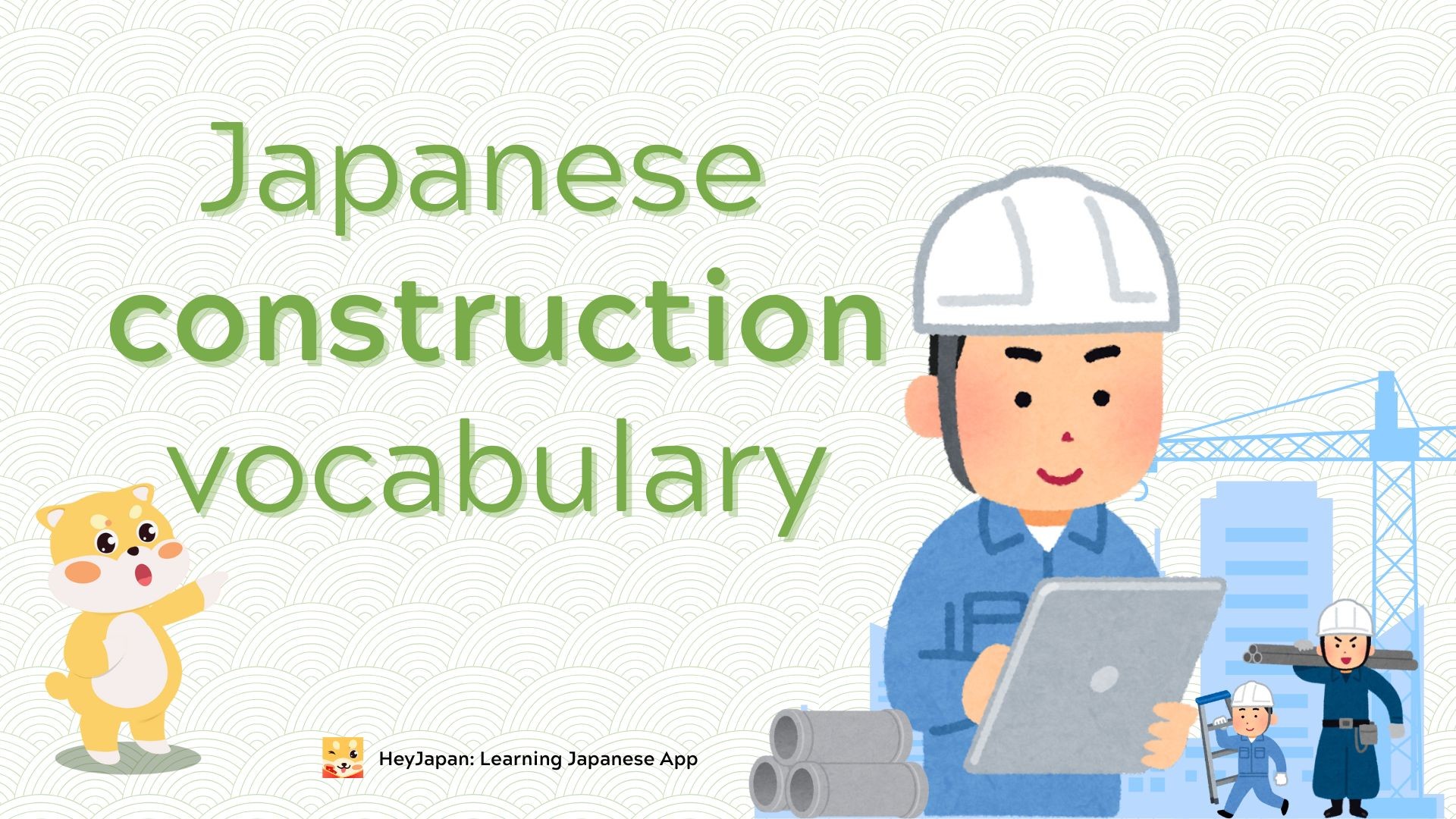- 1. Formal ways to ask "how are you" in Japanese
- 1.1. お元気ですか?(ogenki desuka) - How are you?
- 1.2. お変わりありませんか?(okawari arimasenka) - Is everything going well?
- 1.3. いかがお過ごしですか?(ikaga osugoshi desuka) - How have you been recently?
- 1.4. 最近どうですか?(saikin dou desuka) - How have you been lately?
- 1.5. 調子はどうですか?(choushi wa dou desuka) - How is it going?
- 1.6. ご無沙汰しています(gobusata shiteimasu) - It’s been a while.
- 1.7. お世話になっております(osewa ni natte orimasu) - I am grateful for your support.
- 2. Informal ways to ask "how are you" in Japanese
- 2.1. 元気?(genki) - How are you?
- 2.2. 変わりない?(kawari nai) - Is everything okay?
- 2.3. 最近どう?(saikin dou) - How have you been lately?
- 2.4. 何してた?(nani shiteta)- What have you been up to?
- 2.5. 調子どう?(choushi dou) - How’s everything going?
- 2.6. 久しぶり!(hisashiburi) - Long time no see!
- 2.7. 久々だね(hisabisa da ne) - It’s been a while, huh?
- 3. How to respond to How Are You in Japanese?
- 3.1. 元気です(genki desu) - I’m fine.
- 3.2. うん、元気だよ(un, genki da yo) - Yeah, I’m good.
- 3.3. 調子が悪いです(choushi ga warui desu) - I’m not feeling well.
- 3.4. 普通です(futsuu desu) - I’m okay.
- 3.5. 特に変わりありません(tokuni kawari arimasen) - Nothing special has changed.
- 3.6. おかげさまで元気です(okagesama de genki desu) - Thanks to you, I’m doing well.
- 4. Other ways to ask "How Are You" in Japanese
- 4.1. ご機嫌いかがですか?(gokigen ikagadesuka) - How’s your mood?
- 4.2. いかがですか?(ikagadesuka) - How are things?
- 4.3. 元気にしていますか?(genki ni shiteimasuka) - Are you doing well?
- 4.4. 最近調子どう?(saikin choushi dou) - How’s everything going lately?
If you're wondering how to say "How are you" in Japanese, this article will help you find the appropriate ways to ask about someone's well-being in both formal and casual situations. From basic questions to polite expressions, you'll learn when and how to use them in everyday conversations. Let's explore the different ways to ask "How are you?" in Japanese!
1. Formal ways to ask "how are you" in Japanese
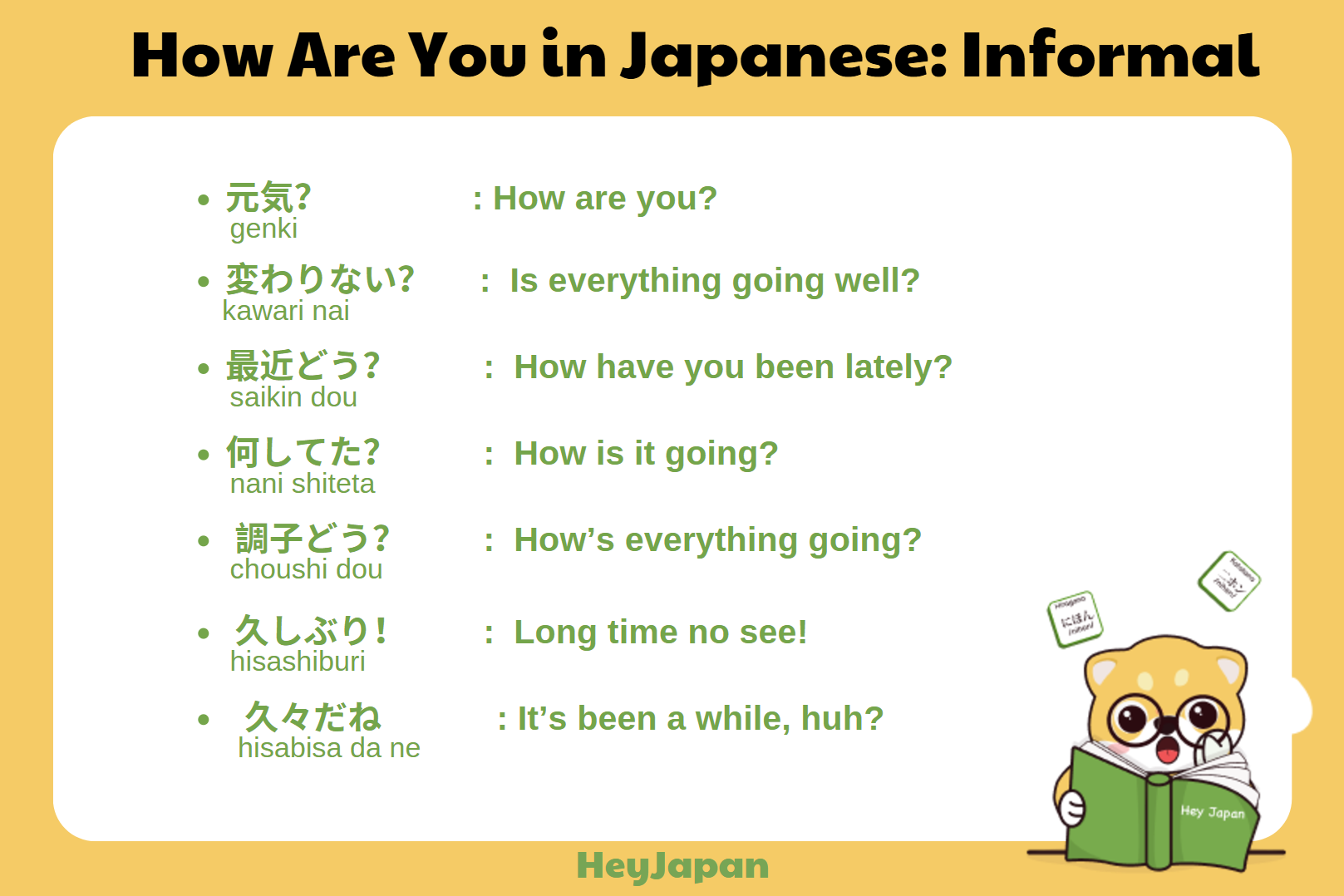
1.1. お元気ですか?(ogenki desuka) - How are you?
The phrase “お元気ですか (ogenki desuka)” translates to “How are you?” in Japanese. While it’s widely recognized and often heard, especially in formal settings, it’s not the most common way to greet someone in Japanese culture. The word 元気 (genki) means “lively” or “healthy,” but in practice, “お元気ですか” is typically reserved for situations where you haven’t seen someone for a while, such as in letters or emails. In everyday interactions, Japanese people tend to use more casual greetings like "こんにちは (konnichiwa)" or simply "やあ (yaa)," which means “hello.”
1.2. お変わりありませんか?(okawari arimasenka) - Is everything going well?
The phrase “お変わりありませんか(okawari arimasenka)” is used to inquire about the well-being of someone you haven’t seen in a while. It’s a way to ask if there have been any changes in their life, not just related to health, but also regarding work, family, hobbies, or other personal matters.
1.3. いかがお過ごしですか?(ikaga osugoshi desuka) - How have you been recently?
If you frequently communicate with Japanese people via email, you’ve likely encountered this phrase. It is commonly used in email exchanges to express concern for the well-being or safety of the recipient, especially if you haven’t been in contact for a while.
1.4. 最近どうですか?(saikin dou desuka) - How have you been lately?
This phrase is commonly used to ask someone about their well-being or how things have been for them recently. It is informal and often used between friends or acquaintances when you haven’t spoken to them in a while. It's a more casual way to check in with someone.
You may want to read: How do japanese people greet each other
1.5. 調子はどうですか?(choushi wa dou desuka) - How is it going?
This is a casual and friendly way to ask how things are going. It can refer to someone's health, work, or general situation. While it’s a versatile question, it’s commonly used when asking how someone is feeling or how things are progressing in their life or work.
1.6. ご無沙汰しています(gobusata shiteimasu) - It’s been a while.
This expression is used to acknowledge that a long period has passed since you last communicated with someone. It shows polite acknowledgment of the time gap and is often used in formal situations or when you want to express regret for not being in touch for some time.
1.7. お世話になっております(osewa ni natte orimasu) - I am grateful for your support.
This phrase is a formal expression used to show gratitude, particularly in professional or business settings. It is often said at the beginning of a conversation or email to acknowledge someone's ongoing support or assistance. It conveys respect and appreciation for their help.
2. Informal ways to ask "how are you" in Japanese

2.1. 元気?(genki) - How are you?
This is one of the most casual ways to ask how someone is doing. It simply asks if the person is "genki" (healthy, fine, or lively). This is commonly used among friends or people you know well.
2.2. 変わりない?(kawari nai) - Is everything okay?
This phrase is used when you want to check if everything is normal or unchanged. It can be used to ask about someone's health or overall situation in a casual setting.
You can refer this article: how to introduce yourself in japan
2.3. 最近どう?(saikin dou) - How have you been lately?
This phrase is a casual way to inquire about how someone has been recently. It's often used after not having talked to someone for a while and is suitable for both friends and
2.4. 何してた?(nani shiteta)- What have you been up to?
This is another informal way of asking someone how they have been. It implies you want to know what activities or events have been going on in their life recently.
2.5. 調子どう?(choushi dou) - How’s everything going?
This phrase focuses more on someone's current situation, like how they're feeling, how their day or week is going, or how things are progressing in general. It's a very informal, friendly question.
2.6. 久しぶり!(hisashiburi) - Long time no see!
Used when you haven’t seen someone for a while, this phrase directly expresses excitement and acknowledgment that a significant amount of time has passed since the last meeting.
2.7. 久々だね(hisabisa da ne) - It’s been a while, huh?
This is a variation of "久しぶり" and is used in a more conversational tone. It’s often used when catching up with someone after a long period, emphasizing that it's been a while.
3. How to respond to How Are You in Japanese?
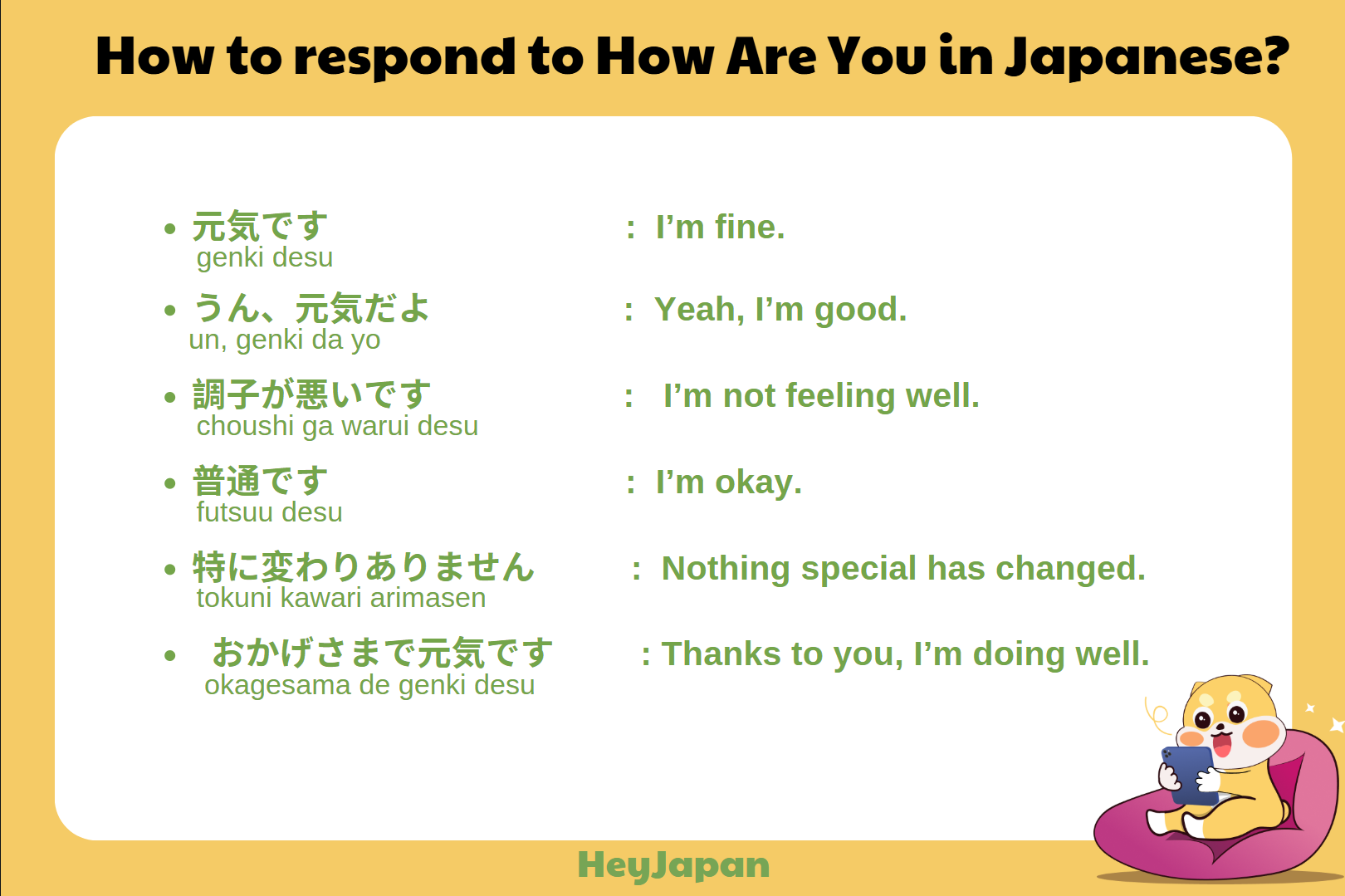
3.1. 元気です(genki desu) - I’m fine.
This is the most common and polite response to "How are you?" in Japanese. It simply means "I’m fine" or "I’m healthy." You can use this in both formal and informal settings.
3.2. うん、元気だよ(un, genki da yo) - Yeah, I’m good.
This is a more casual, informal response. It's commonly used between friends or peers when you want to say you're feeling fine.
3.3. 調子が悪いです(choushi ga warui desu) - I’m not feeling well.
This phrase indicates that you're not feeling great. It could refer to physical illness or emotional stress. It's polite and used in more formal situations when talking to someone you don’t know well.
3.4. 普通です(futsuu desu) - I’m okay.
This response is more neutral. It means you're neither great nor bad, but just doing okay. It's often used in formal or casual situations.
3.5. 特に変わりありません(tokuni kawari arimasen) - Nothing special has changed.
This is a way to say that there are no major updates or changes in your life. It’s often used when you’re catching up with someone after a while and want to show that things are stable.
3.6. おかげさまで元気です(okagesama de genki desu) - Thanks to you, I’m doing well.
This is a polite and grateful response, often used when someone asks how you’re doing after having helped or supported you. It acknowledges that you're doing well thanks to their kindness.
4. Other ways to ask "How Are You" in Japanese
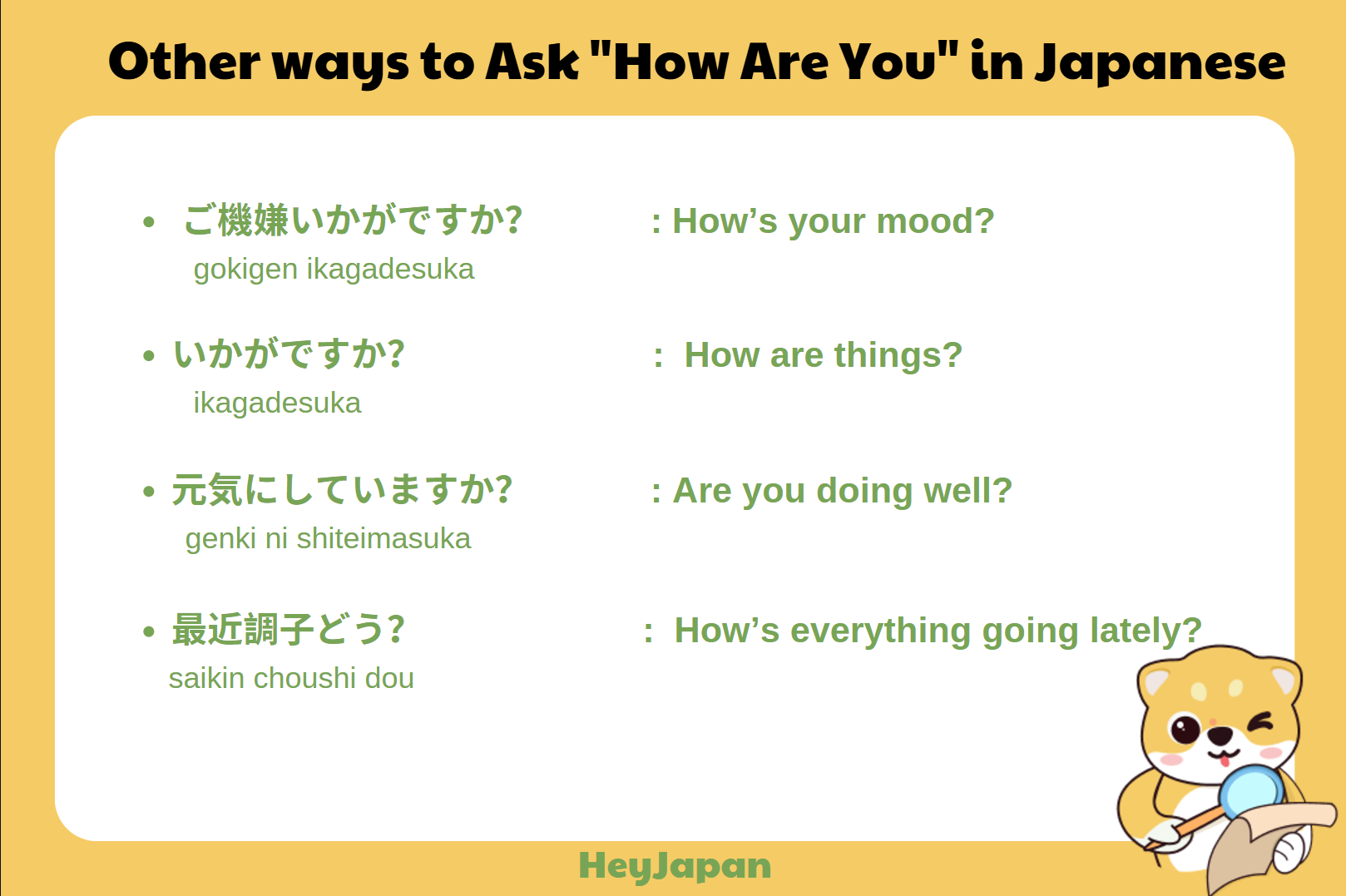
4.1. ご機嫌いかがですか?(gokigen ikagadesuka) - How’s your mood?
This is a more formal and polite way to ask how someone is feeling emotionally. It’s commonly used in business settings or when you want to be respectful.
4.2. いかがですか?(ikagadesuka) - How are things?
A general, polite way to ask how someone is doing. This can be used in both formal and informal contexts.
Read more: how to say good afternoon in japanese language
4.3. 元気にしていますか?(genki ni shiteimasuka) - Are you doing well?
This is a slightly more formal way of asking how someone is. It’s used when you haven’t seen someone for a while and want to ask if they’ve been doing well.
4.4. 最近調子どう?(saikin choushi dou) - How’s everything going lately?
This is a more casual, informal way to check in with someone. It’s used to inquire about their recent activities or how they’ve been feeling.
In conclusion, knowing how to say "How are you" in Japanese is an essential part of mastering the language and engaging in meaningful conversations. Whether you are using formal or informal expressions, understanding the context and the appropriate phrases can help you communicate effectively with native speakers. Practice these expressions and incorporate them into your daily interactions to improve your Japanese skills!

